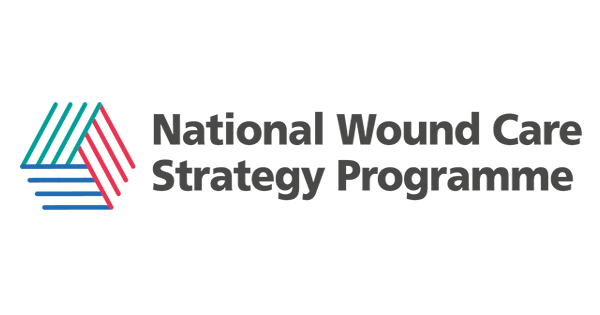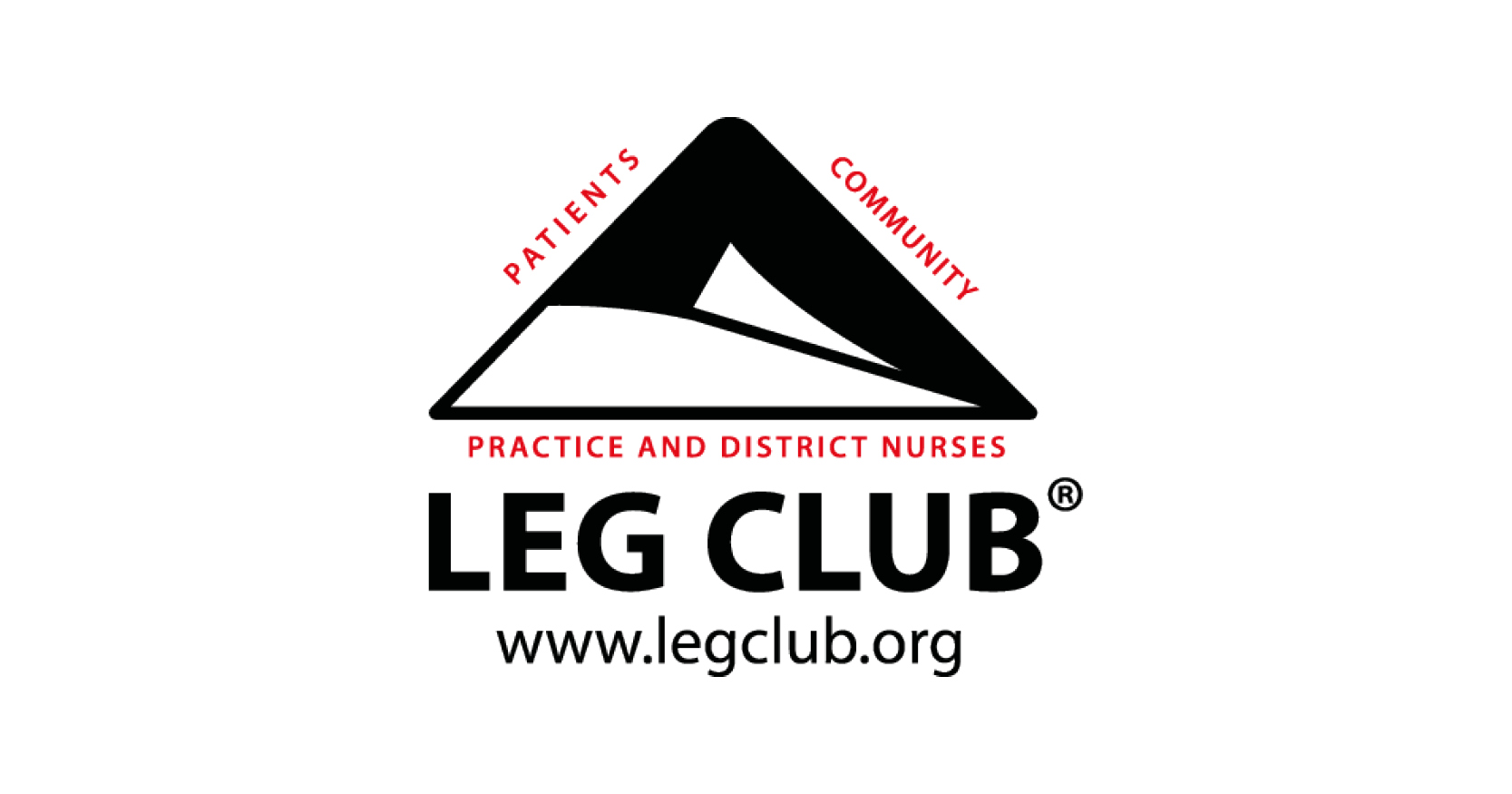In September, the National Wound Care Strategy Programme (NWCSP) celebrated its fifth anniversary. Founded in 2018, the NWCSP was established by the NHS England Nursing Directorate to address the unwarranted variation in wound care services in England. TheNWCSP aims to improve wound healing, prevent harm, reduce patient suffering and increase the productivity of staff.
We started off with a tiny team and huge ambitions! Although our remit was to focus on lower limb ulcers, pressure ulcers and surgical wound complications, as these are responsible for the majority of wound care, it represented a big challenge. In 2020, additional funding from the NHS Long Term Plan allowed us to expand the team, but no-one anticipated the Covid-19 epidemic, which tested the NHS to its limits.
So, five years on, what have we achieved?
From the very start we agreed that all NWCSP outputs would be developed in line with the principles of evidence-based practice (EBP). By this we meant that we would seek out the best available research evidence and then try to integrate this with clinical expertise and patient values. Our constrained resources mean that we have not been able to conduct the very extensive and detailed searches such as those of Cochrane reviews and NICE clinical guidelines. However, these have provided the basis for the NWCSP outputs. This foundation has then been supplemented by the feedback from the thousands of health and care professionals, industry representatives, patients and carers who have responded to our stakeholder consultations.
To date we have published clinical recommendations for lower limb wounds, surgical wounds and pressure ulcers. In response to feedback from our stakeholders, we have recently updated the lower limb recommendations, dividing them into two separate publications, one for foot ulcers and one for leg ulcers. We are in process of updating the surgical wound recommendations to increase the focus on surgical wound complications and hope to publish this updated version in early 2024.
Back in 2018, we also undertook an extensive review of wound care education and were dismayed to discover that although good post-registration wound care university education was available for those working in a tissue viability specialist role, there was almost no wound care education for everyone else, except for that provided ‘in-house’ or by wound care product suppliers.
It seemed wrong for the NHS to rely so heavily on industry to educate the NHS workforce so, in partnership with elearning for healthcare, we have developed many free-to-access online education resources and have several more in the pipeline. Some organisations have mandated our resources for their staff and we are hoping the universities will also use them in clinical education programmes.
In 2020, in partnership with Skills for Health, we published the Wound Care Core Capabilities Framework, which outlines the capabilities needed by health and care professionals who deliver wound care. We have just updated this document, now re-titled, the Wound Care Workforce Framework. The capabilities framework remains unchanged but we have updated and strengthened the supporting information around the framework.
At the start of the NWCSP there was anxiety from wound product suppliers and clinicians that the NWCSP would seek to restrict access to wound care products through development of a national wound product formulary. This has never been our intention and we are not involved in procurement frameworks. However, we did identify the need to improve data and information around the use of wound care products and are now working with NHS partners to develop an NHS wound product classification system that can be used by all organisations that procure, list, or supply wound management products. We have also published a review of current routes of supply for wound management products to help organisations decide which routes of supply are most appropriate for their needs.
Indeed, the need to improve wound care data and information, has become the major priority for the NWCSP. While our over arching aim is to improve the quality of wound care, meaningful quality improvement is impossible unless we have good quality data and information to inform our quality improvement initiatives. So, lets end with a call out to the ‘nerds’ in the NWCSP team who, in partnership with other NHS data ‘nerds’, are grafting away to achieve this. This summer, in partnership with the Professional Records Standard Body (PRSB), we published the Wound Care Standard that tells providers what information should be recorded and shared. This Standard is being adopted by the NHS and will revolutionise wound care data and information.
We still have plenty to do as we move forward into implementation. We are pushing hard for national roll out of the leg ulcer recommendations and have begun a diagnostic to discover the best way to improve PU care. We’ll keep you posted.
All our resources can be found on the NWCSP website https://www.nationalwoundcarestrategy.net/





